Thinking I might need to do one of these soon. Or, I’m thinking of trying out an undergrad senior seminar on Alan Moore’s work, then—different semester (as I’m a sane human)—something like this course. How do I know when it’s getting to be time to try this kind of stuff? Because the books start lining up in my head, and I can’t stop thinking about them.
So, tentatively, I’d start with the core-stuff, of course:
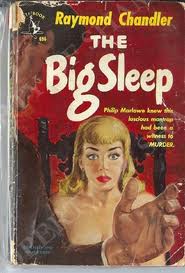
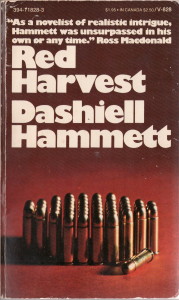
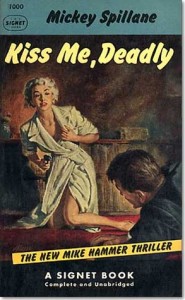
And, yeah, we’d probably go back for:
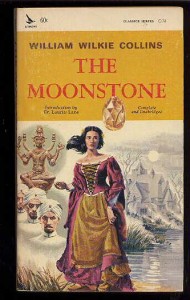
But would try to stop there—no Poe, no Doyle (except of the Popeye variety). Just because, yeah, there were definitely some early independent investigators, but they weren’t as downtrodden, as underdoggy, as—as a result of the first two—surly and wonderfully-voiced.
Anyway, not sure about ‘next,’ but next for us might be:
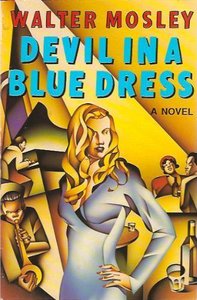
Which, really? That right there is just about as good as it gets, if you ask me. And, while I’d be tempted to use some Lehane . . . I don’t know, I might?
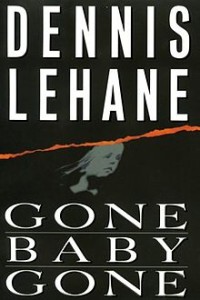
At this point in this make-believe list, though, I’m seeing how it’s so all dudes. And that’s not too great. Am I just not thinking of the iconic PI novels written by women? Surely that’s it, because surely there’s a lot. I’ve read some Evanovich and Grafton, but—well, was going to say none fit, but Evanovich actually kind of does, often (if we can count bounty hunters) (and I think we definitely can). And Grafton does too, now that I think about it. But where best to start in her alphabet? Anybody? And, of Gillian Flynn’s work, Sharp Objects could probably be shoe-horned in, here. But I want books to fit without shoehorning. I want the PI to have hung up that shingle, to be sitting in the smoky office waiting for somebody fatale to waltz in a change everything. Really, what I want? Just an excuse to show the wonderful magic and elan of one Dixon Hill:
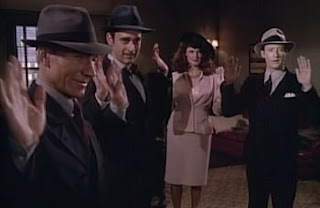
And then, as border-cases always define the edges of the genre best—or, the most helpfully, once you know the core?—I’d look for some stuff where the PI conventions are ported into completely different streets:
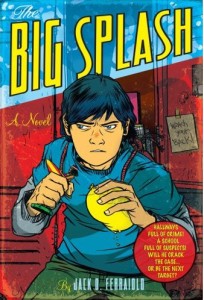
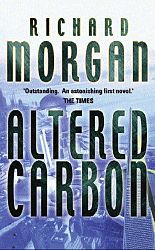
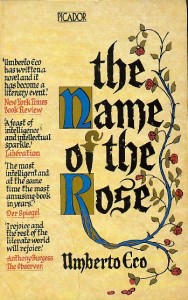
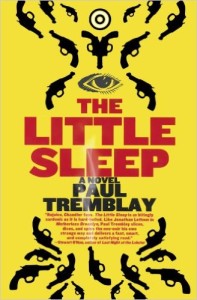
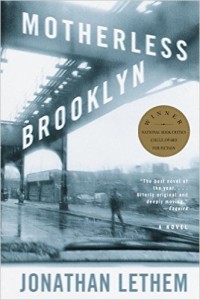
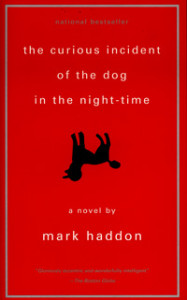
To say nothing of Hiaasen. Or, now that the gears are turning better, Elvis Cole; really, Cole would teach wonderfully with this:
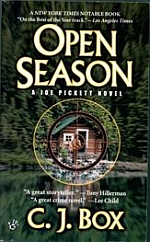
And, for urban fantasy, I’d probably look to Mario Acevedo, as he’s got that noir grumble down pretty well, and he knows the intricacies of how to stack a mystery:
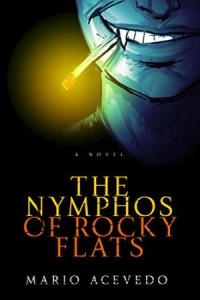
To say nothing of CJ Henderson’s The Things That Are Not There. Not sure that’s still in-print, though.
As for actual horror, though? Why am I blanking on this, when horror’s my native genre? Probably some Laird Barron; his two-fisted heroes/investigators often end up wading into the metaphysical muck deeper than they ever intended (much as Teddy London does, yes). Anyway: others? Anybody? Ferris? Help? I think the wall I’m hitting is that there’s that ‘discovery’ thread running through nearly all horror, which is really just the way the story tensions-up the delivery of exposition, so’s you don’t so much notice it happening, exactly. But, I mean, the hero/intended victim of most horror usually has to go down to the basement to look through the secret/lost photo album at some point, yes? Happened in The Shining, and it happened in the last Texas Chain Saw. Make-do detectives are absolutely built into all horror that’s not just straight out survival-. It’s the way we privilege the mind over the horror: if we can draw rational lines around the supernatural, we can contain it, we can beat it. Even though that doesn’t often work, still, the effort involved with it usually serves to smuggle a lot of exposition out to us, the reader (and gets us to identify with the protag, thus placing ourselves in the story, all that).
And Joe R. Landsale: of course. His Hap & Leonard series is absolutely where it’s at. And we might start a bit into it, actually:
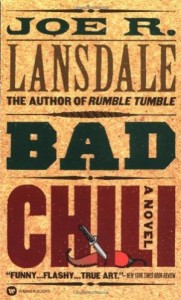
Really? I could probably teach only Lansdale, and still cover the whole genre, from head to tail. He’s that good, that comprehensive.
And I guess we’d also have to engage USA’s blue sky detectives: Sean Spencer, Adrian Monk, Neil Caffrey, Michael Westen, and on and on [‘blue sky’ is a term I get both from Bill Rabkin and Steven Pinker]. The reason we’d have to engage them (I should say ‘get to,’ really, as they’re all wonderful), it’s that the audience is. It’s quite stupid and academic to only look through the one window the ivory tower affords.
And, no, alas, no Paul Auster, I guess; I wouldn’t teach him well, I don’t think. Oh, too (I got here via Auster>>graphic novel), why am I sticking only to prose, right? What about:
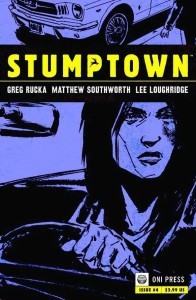
Stumptown is serious quality.
And what about Brian Evenson, right? This one might be a pretty good fit, actually:
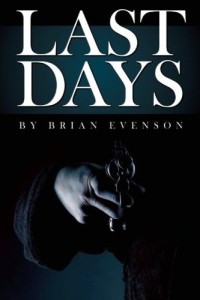
And any good look at and into a genre needs some parody to burn off the fat accrued over countless retellings, yes? Not Naked Gun, as that’s cops. But what is there on the page? What novel is to the PI genre as The House That Dripped Gore is to the haunted house? What’s the PI’s Scary Movie, where’s its Tough Guide to Fantasyland? Something Dead Men Don’t Wear Plaid-ish, maybe?
And of course where would any PI course be without watching this series front to back, then doing it all over again?

Really, for me, that’s where my engaging-the-PI story starts. I was watching him before Simon & Simon and The Fall Guy and Hardcastle and McCormick and all of them, which finally washed me up on Mickey Spillane’s hard streets. Or, to say it better: they were all trying to be him. But there was only ever one. This world isn’t good enough yet for another.
Anyway, just tacking this here for if I ever get around to actually doing it. Now I know where to start. Somewhat. Really, though? Unless I can keep it from being an all-dudes party, I don’t know if I’d feel that great about the book list. I mean, for a genre that drew attention to itself largely with lurid covers, it seems any honest consideration of that genre should, if not contain an antidote of sorts to that, then at least show that that’s not the only way it is. The way it was doesn’t need to be the way it still is. So, I’ve got some reading to do, as always.

 is the NYT bestselling author of 30 or so books, +350 stories, some comic books, and all this stuff here. He lives in Boulder, Colorado, and has a few broken-down old trucks, one PhD, and way too many boots. More
is the NYT bestselling author of 30 or so books, +350 stories, some comic books, and all this stuff here. He lives in Boulder, Colorado, and has a few broken-down old trucks, one PhD, and way too many boots. More